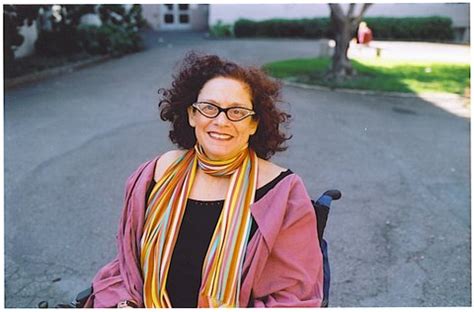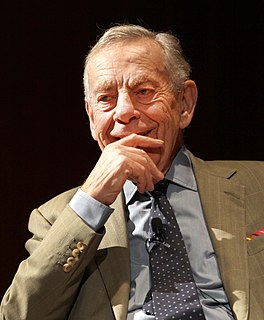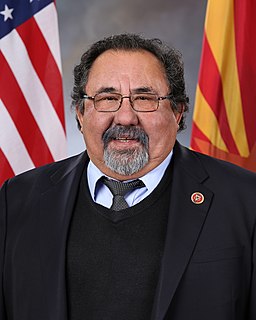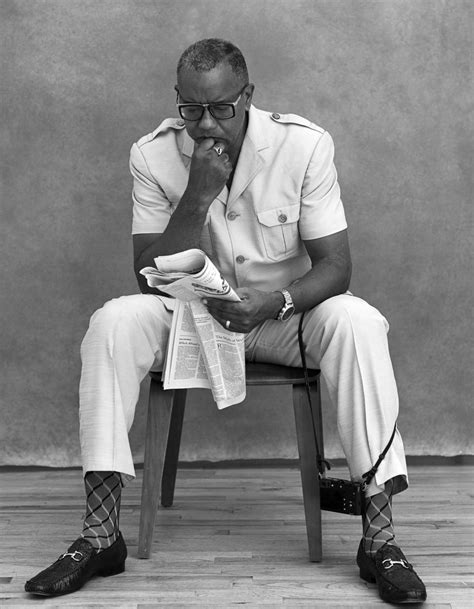A Quote by Ron Livingston
In college, I actually did some work on a documentary project talking to Vietnam vets about the images of war and how it changed. When they grew up, it was like 'Sands of Iwo Jima' and there was this, you know - after Vietnam, there was a whole different way of looking at war.
Related Quotes
Most of us who were opposed to the war, especially in the early '60's - the war we were opposed to was the war on South Vietnam which destroyed South Vietnam's rural society. The South was devastated. But now anyone who opposed this atrocity is regarded as having defended North Vietnam. And that's part of the effort to present the war as if it were a war between South Vietnam and North Vietnam with the United States helping the South. Of course it's fabrication. But it's "official truth" now.
Every book that comes out, every article that comes out, talks about how - while it may have been a "mistake" or an "unwise effort" - the United States was defending South Vietnam from North Vietnamese aggression. And they portray those who opposed the war as apologists for North Vietnam. That's standard to say. The purpose is obvious: to obscure the fact that the United States did attack South Vietnam and the major war was fought against South Vietnam.
I think that the war on drugs is domestic Vietnam. And didn't we learn from Vietnam that, at a certain point in the war, we should stop and rethink our strategy, ask ``Why are we here, what are we doing, what's succeeded, what's failed?'' And we ought to do that with the domestic Vietnam, which is the war on drugs.
When I grew up, in Taiwan, the Korean War was seen as a good war, where America protected Asia. It was sort of an extension of World War II. And it was, of course, the peak of the Cold War. People in Taiwan were generally proAmerican. The Korean War made Japan. And then the Vietnam War made Taiwan. There is some truth to that.
I'm shooting a gangbanger, but as a dignified man. That's pretty much what war photography did: seeing images of soldiers in a dignified way. They might have been killers in Vietnam, but I'm seeing another side of them, and looking at images of the the American soldiers, also the North Vietnamese and the Viet Cong - I never saw an enemy.
I would think we have a trajectory of failure on the Republicans' part. When you think about how they managed to make John Kerry look bad during the last election for actually serving in Vietnam, and testifying in Congress after he'd gotten medals, and said that he didn't believe in them or that he didn't believe in the war and that it should stop . . . That they could turn that in negative when their guy, George W. Bush, never even went to Vietnam.
Of course, you have politics, the Vietnam war and all that monkey business. There are all kinds of reasons. At every one of those demonstrations in the late Sixties about the Vietnam war, you could guarantee there'd be a series of speeches. The ostensible purpose was to protest the war. But then somebody came up and gave a black power speech, usually Black Muslims, then. And then you'd have a women's rights speech. It was terrible to listen to these things.
































